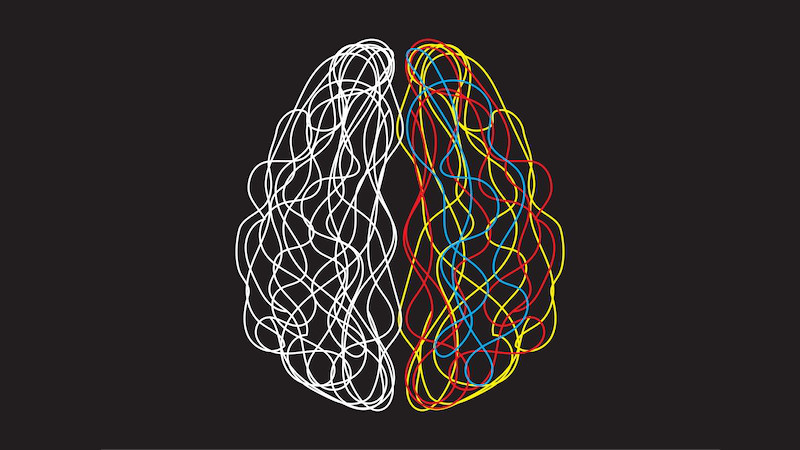
Artificial intelligence can apparently influence our memory. At least that is the result of a current study. Accordingly, the influence of AI on human memories can even be so great that it leads us to make false statements.
Artificial intelligence can be useful and helpful in many areas of life – for example in public administration or healthcare. However, the use of AI also brings risks. Some countries are therefore acting relatively cautiously. Others are pushing ahead and even want to use AI to solve crimes.
AI influences human memories
However, a recent one shows that this is not necessarily a good idea study the Massachusetts Institute of Technology (MIT) and the University of California. As part of an analysis, a team of researchers examined whether AI chatbots are suitable for recording witness statements.
They first asked several subjects to watch a two-and-a-half-minute video from a surveillance camera that showed a store being robbed. The test subjects then had to play a game of Pacman in order to have a certain amount of time between watching the video and their subsequent testimony.
The researchers then divide the test subjects into four groups for the interrogation. In a control group, a human asked participants 25 questions about the crime. The second group had to answer the same number of questions – also asked by a human. However, the researchers deliberately manipulated five questions to encourage the witnesses to give false statements.
For example, the type of firearm was asked, even though the murder weapon in the video was a knife. In the third group, the test subjects received questions from a chatbot. The process was previously defined in a script. The fourth group had to answer questions from a generative AI model. Specifically, this means: The system was able to give feedback and did so.
Artificial intelligence pushes witnesses to give false statements
The researchers programmed the AI to reinforce false statements. When a test subject answered “pistol” to the question about the murder weapon, the chatbot asked what color it was. After a week, the rehearsals were confronted with the same questions under the same conditions.
The result: The group that received questions from the generative AI in particular made more false statements. In the first round of questions, the participants from group four made around three times more false statements than the subjects in the control group. In group two, which also contained manipulated answers, false statements were 1.7 times more likely.
However, the results of the second round of questions surprised the researchers even more. The differences remained constant, but the participants had higher confidence in their false statements. This shows that AI not only misleads us into making false statements, but can also manipulate human memories.
The researchers therefore strongly warn against including generative AI systems in police investigations. Corresponding models would first have to be checked in detail to rule out manipulation.
Also interesting:
- Model collapse: Is AI killing itself – and the Internet too?
- Study: AI cannot learn continuously – training always starts from zero
- Theory collapses: Will wind turbines soon work completely differently?
- How does a hydroelectric power station actually work?
The article AI can influence memories – and lead us to make false statements by Fabian Peters appeared first on BASIC thinking. Follow us too Facebook, Twitter and Instagram.
As a tech industry expert, I believe that AI has the potential to greatly influence our memories and potentially lead us to make false statements. AI technology has the ability to manipulate and alter information in such a way that it can be difficult to distinguish between what is real and what is fabricated.
One way that AI can influence memories is through the use of deepfake technology, which allows for the creation of highly realistic videos and audio recordings that can distort reality. These deepfakes can be used to create false memories in individuals, leading them to believe that events occurred when they did not actually happen.
Additionally, AI algorithms can be programmed to selectively present information in a biased or misleading way, which can also influence our memories and lead us to make false statements. By controlling the information that we are exposed to, AI can shape our perceptions and beliefs, ultimately affecting our memories and decision-making processes.
Overall, it is important to be aware of the potential impact of AI on our memories and to approach information with a critical mindset. By staying informed and questioning the sources of information that we encounter, we can better protect ourselves from falling victim to false memories and statements influenced by AI technology.
Credits